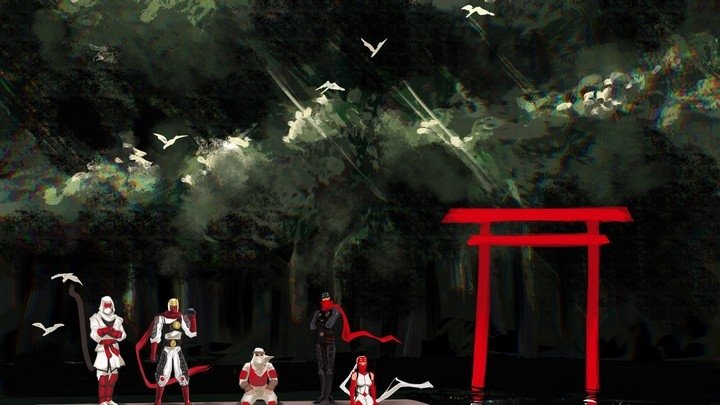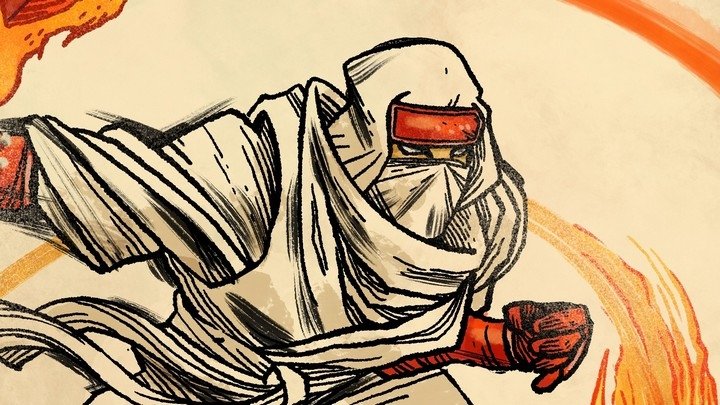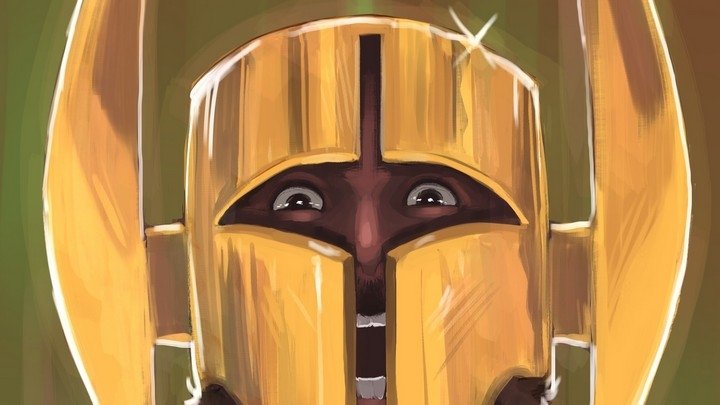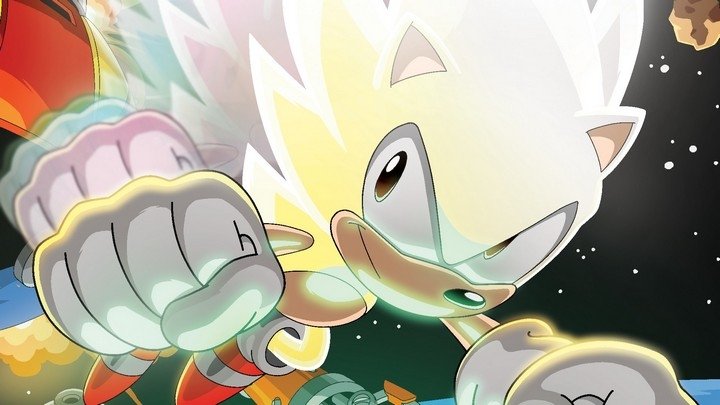Mega Drive Mini gets the delay it deserves
The internet complained, Sega listened. How might they deliver?
As I'm sure you're all quite aware, Tokyo Game Show has been running for the last couple days and has already played host to several retro-related announcements from various Japanese companies — most prominently, Sony's entry into the closed-system plug-and-play market, the Playstation Classic — with at least one or two other intriguing announcements scheduled for the weekend.
As always, Sega's TGS presence is keenly felt, with plenty of news across its consumer and mobile divisions as well as those of its subsidiary Atlus, but there's one project you might have hoped to learn more about that Sega seems to have already quelled: the Mega Drive Mini, a plug-and-play for the Japanese market that was announced for release in 2018 at their own SEGA Fes event in April and scarcely mentioned since. One might have expected it to be featured at TGS, but the announcements made by Sega on the eve of the event suggest other words: in short, the initial Japan-only plans are now worldwide plans, it's been delayed into next year and it's undergoing thorough review on both a hardware and software level.
Announcements like this would usually be cause for concern but in this instance, many people greeted the news with sighs of relief; what little info was given during the initial reveal implied the Mega Drive Mini was little more than a domestic rebranding of AtGames' chronically underwhelming Genesis Flashback system, a suggestion which outraged in-the-know Sega fans the world over. Sega's recent Mega Drive Mini announcements seem to indirectly indicate that they're listening: they've acknowledged the immense amount of feedback received from international fans, they've emphasized the renewed input from Mega Drive veterans on the system side and an unnamed reputable Japanese partner on the software side, all in the name of quality, from which one can infer a couple of things: one, they know they can't afford to screw this up, and two, they're trying their hardest to let people know it's not a typical AtGames product without explicitly saying as much.
(For the record, AtGames themselves very quickly retracted the statement they put out concerning their involvement with the Mega Drive Mini — maybe they jumped the gun, maybe they had their wires crossed and were never involved, perhaps they were simply unprepared for the torrent of derision that came their way, who knows.)
In light of this news, today's article is slightly different to the one I'd planned; I'd intended to discuss what may have been in store for the Mega Drive Mini at TGS but given that it seems it probably won't be there, I thought it might be interesting to shift focus and think about the lessons Sega should learn from their rivals' offerings as well as their own internationally-licensed systems, good or bad, in order to ensure the Mega Drive Mini can offer something exciting, relevant and competitive.
DO WHAT THEY DO
- Same look, just smaller: It's a basic concept and it's right there in the name: make the new thing look like a smaller cuter version of the old thing, rather than a generic lump of plastic with a logo stamped on. If you're going to sell nostalgia, at least try to be a little nostalgic.
- Don't mess with the controllers: One of the most appealing elements of Nintendo's NES and SNES Classic consoles are the controller — they look and feel precisely how they used to, with no attempts to add or substitute certain components in the name of modernity or cost-cutting. We know Tectoy is still in possession of authentic molds for the 3-button Mega Drive controller, at the very least, so an authentic-style replica controller is well within the realm of feasibility. (That said, nobody's going to complain about longer controller cords.)
- Include third-party games: Every one of these legacy devices has benefited immensely from the inclusion of games from outside their stable, both in terms of filling gaps in the library and generating broad excitement, and the Mega Drive is both blessed and cursed with a plethora of popular third-party titles that haven't been seen since the '90s and would be welcomed by both diehards and casual fans, both Japanese and international. (AtGames, if you're reading this, please understand that Chakan is not one of those games.)
- Scrape the vault: The SNES Classic has Starfox 2 and the Atari and Colecovision units have routinely included unreleased games and prototypes, so it'd be great to see Sega follow suit in some fashion, whether it be through a genuine unreleased game, an unreleased or newly-produced localization of an existing title or perhaps even a brand new game written to old spec.
DO WHAT THEY DON'T
- Offer more than just games: The software interfaces for the existing legacy machines range from cute and functional to we-forgot-to-replace-the-temp-menu, but even the better ones squander a lot of potential to showcase a lot of the supplemental extras that people enjoy about games both physical and digital: the manual and packaging, promotional art, sound galleries, etc. Just offering the games is fine but it'd be great if the Mega Drive Mini could also help to fill in some of the cultural context that's faded away over time, or even just allow people to squeeze a little extra enjoyment out of their toy.
- ...but don't skimp on the games, though: Let's be real, Sega's released and re-released their Mega Drive library on almost every availble platform of the last decade, in some cases multiple times — there's no competing on scarcity or obscurity here, even where the most fanciful third-party picks are involved, so there's no sense in neglecting the value of sheer volume. The recent Genesis collection for PS4/XB1 has, what, fifty games? Consider that a baseline quota and go up from there.
- Don't be weird, stick to USB: One of the more disappointing aspects of Nintendo's offerings is the inability to conveniently use their fantastic replica controllers with other modern devices due to their use of the awkward Wii-style connectors; conversely, the sole redeeming factor of the forgotten Neogeo X handheld was the associated replica arcade stick which could be used with other, non-crappy hardware via USB, cementing value where value would otherwise not exist. By that token, knowing the Mega Drive Mini controllers could be salvaged and used elsewhere should the system itself not deliver would guarantee a certain level of interest, irrespective of anything else, and being able to use unaffiliated third-party USB controllers on the device itself would also be a welcome added convenience.
- Throw a bone to the collectors: Again, these legacy machines are competing for nostalgia-bucks and Genesis nostalgia is a well that Sega's tapped all too often, so in order to keep the Mega Drive maniacs interested, they may be wise to consider an optional higher-price collectors' package that includes the ancillary touches they'd spend extra to get: era-accurate packaging, perhaps an art/design book, all the typical junk — give the collectors something to collect and maybe, just maybe, they'll leave the regular units for the rest of us.
ATGAMES HAD THE RIGHT IDEA, I GUESS?
- Consider classic compatibility: One of the few perks of AtGames' Genesis Flashback systems is the inclusion of both a cartridge slot for authentic Mega Drive games and a pair of DB9 controller ports for connectivity with genuine Mega Drive controllers — of course, anyone who cared that much about playing old cartridges with an old controller wouldn't spend any real amount of time with a Flashback, but that doesn't mean those options aren't enticing or that the Mega Drive Mini should necessarily adopt the closed-system format of its rivals. A relatively affordable, easy-to-find HDMI box that plays real Genesis cartridges with real Genesis controllers and doesn't suck would have an appeal that transcends holiday fads or the raw allure of the included software and is unmatched by its competitors.
Is there anything else you'd like to see or not see from the Mega Drive Mini? Do you have faith in Sega to adequately meet peoples' optimistic expectations? Are you only here because Sega ended up showing it off at TGS after all and negated everything I posited and you want to blow me up? Let's hear it.




